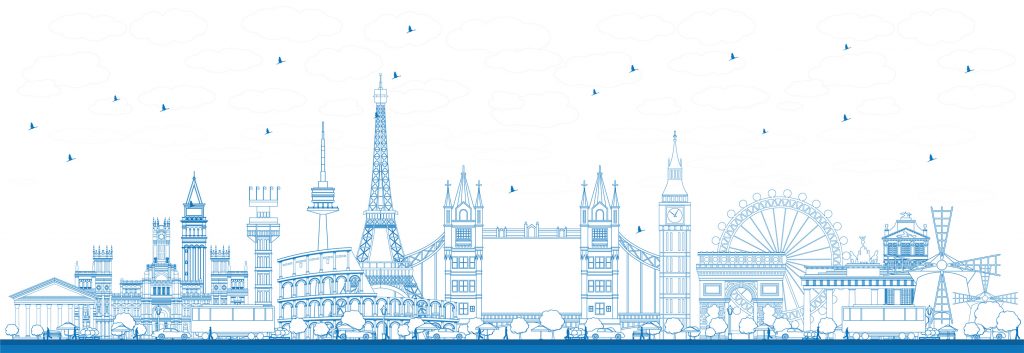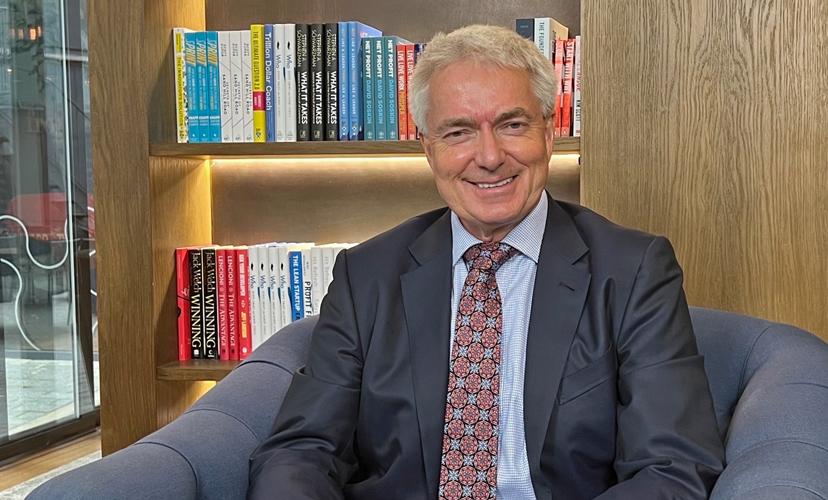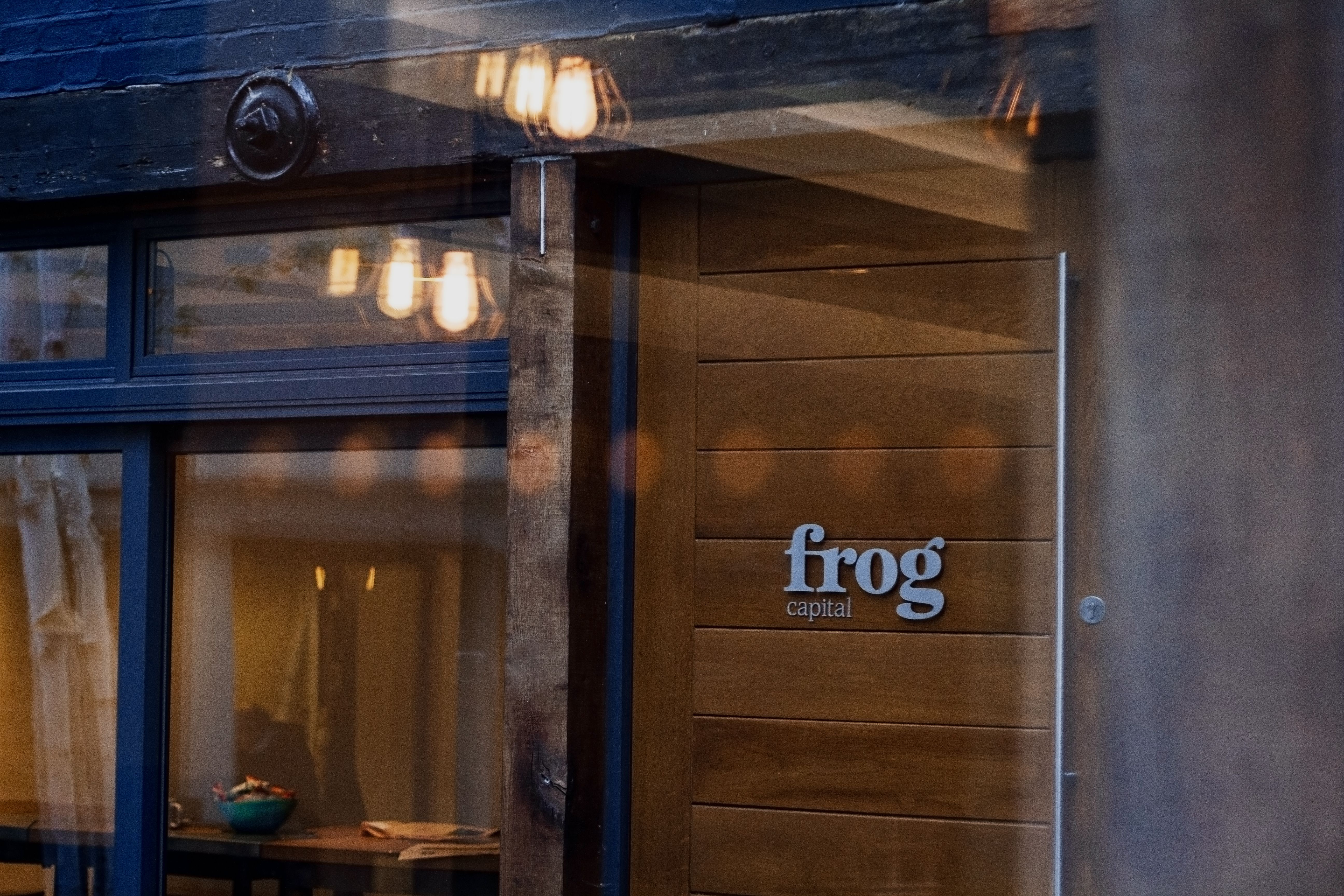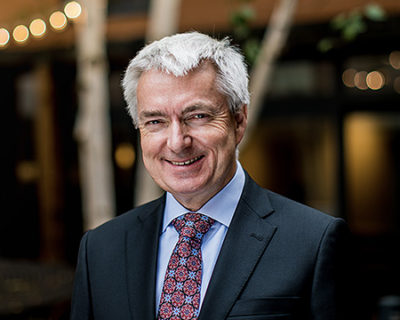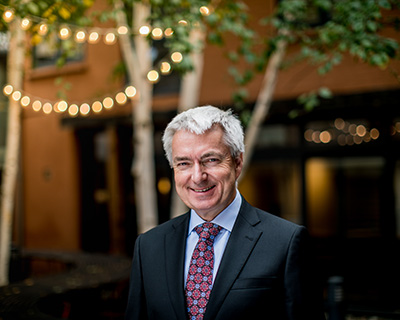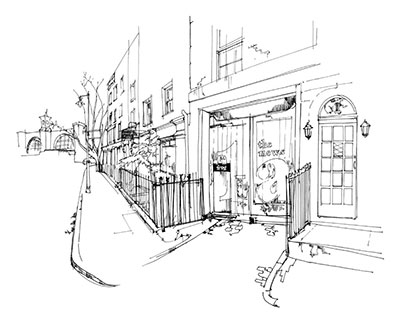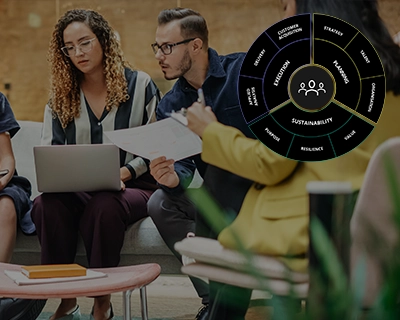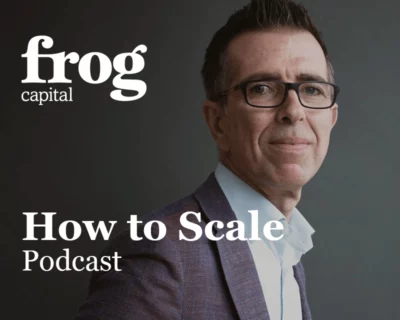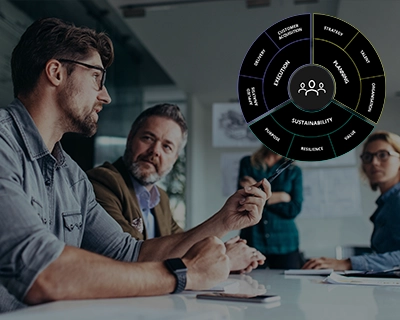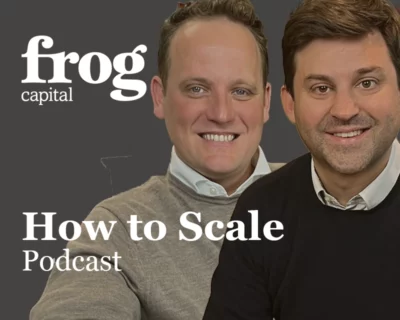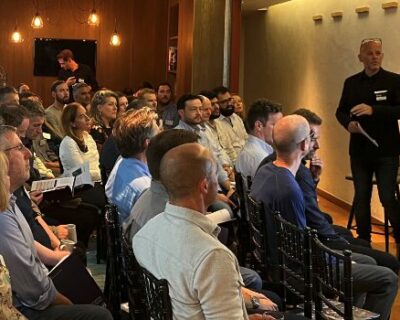Over the past five years, we have seen the first examples of billion-dollar companies coming out of Europe. This has been a great revelation for the whole ecosystem in Europe.
As of March this year, 31 billion-dollar technology companies are now known as European unicorns, and this figure is set to grow, bringing new momentum to the market.
The long, hard road to scale-up success
But Europe has had its challenges. Unlike the US, traditionally there has been a lack of role models in Europe in terms of successful, billion-dollar scale-ups. Though the US may have a far smaller population than Europe, Europe’s market is much more heterogenous than the US market. There is no single European market but many different markets – the Dutch market or the German market or the UK market – which can complicate a growing company’s international expansion, as the European market must be won country by country.
China equally presents an extra competitive challenge for Europe – but also a new opportunity. It is a shame that we are not more connected to China in Europe, but momentum is certainly picking up – in 2017, Chinese start-ups received 50% of all global AI investment, for instance. We are currently seeing more and more Chinese investment into European companies and funds, and over the next five years I believe we will see more European companies building connections with this vast and exciting market.
Where to watch in Europe
Faced with competition from the USA and China, Europe has still managed to perform impressively. Both as Frog’s Chairman and as an angel investor, the regions I am keeping my eye on are the UK, Germany and France – there are some excellent opportunities here.
I am carefully looking at Germany, in particular Berlin, but also at Paris where we have the tech community growing and catching the attention of several EU venture funds. AI seems to be a particular specialism in Paris, with President Emanuel Macron recently launching a French AI initiative and Google’s planning to create a new Paris-based AI research centre. I am glad to see hubs like these being created where start-ups and scale-ups are tending to specialise a bit more than before – it is a great thing that not everyone is doing everything everywhere.
As for the UK, over the past 15 years we have seen English become the absolute and only language of the internet. Because of this, people have been adapting more and more to fit in with this – not only in Europe but also in Asia. I think the effect that this has is to make London even more interesting as a base for technology innovation.
Driving the next generation
Knowledge and experience are, of course, important to the European tech ecosystem. Experienced entrepreneurs or “repeat founders” are already benefitting this market enormously. We are lucky to have people in the Frog team who have this experience themselves – who have built their own organisation from scratch and grown it into a huge success, as Shirin Dehghan has achieved at Arieso.
Having had a very positive experience myself as a serial entrepreneur, CEO and founder across Europe, I aim to bring my learnings from these years to the next generation of scale-up CEOs in my work with Frog – so I understand how fundamental this direct knowledge can be to a leader starting out their growth journey.
Frog have an important role to play as an investor, but what we bring to the table for our portfolio of CEOs goes far beyond that. With our team’s knowledge from leading multiple European scale-ups ourselves, we have been able to develop a scale-up methodology that I know will benefit many, many CEOs and founders.
I believe that this methodology will likely evolve over time as we build more and more of our own expertise and experiences into it, allowing us to drive the next generation to achieve their goals. And as Europe creates an increasing number of high-performing scale-ups and unicorns, we will no doubt gain an even clearer picture of what it takes to build a European success story.
